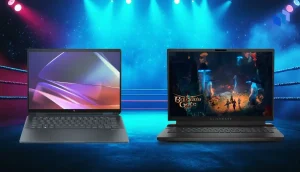What Does Imaginary Internet Points Mean?
The term “imaginary Internet points” has become a shorthand way to talk about the soft values that people get from various kinds of online interactions where other users may like, upload or otherwise support content online. “Imaginary Internet points” are conceptual “points” obtained through digital user activity.
Techopedia Explains Imaginary Internet Points
In the digital era, the term “imaginary Internet points” has developed as a way to reference intangible value. One excellent example is on the dominant social media platform Facebook, where Facebook “likes” have become a quick and easy way for someone to signal support, agreement, amusement or other kinds of emotional interaction; the user clicks on a thumbs-up icon next to a post or item, and that gets recorded for other users to see. In a strange and complicated evolution, these Facebook “likes” have come to have value that is in some ways a concrete value. Businesses might talk about putting a value on Facebook “likes.” The same indications might have significant social value to individual users.
Another good example is the use of karma on the Reddit digital platform. Here, the karma or the imaginary Internet points represents a person’s contribution to the community. The concept of imaginary Internet points shows how sophisticated online setups can facilitate different kinds of human interaction that increasingly take the place of pre-digital expressions like talking and body language.








